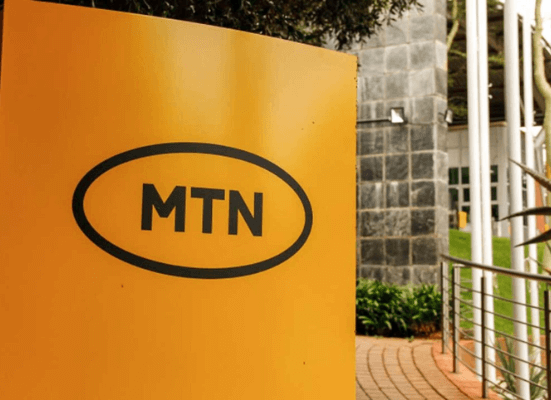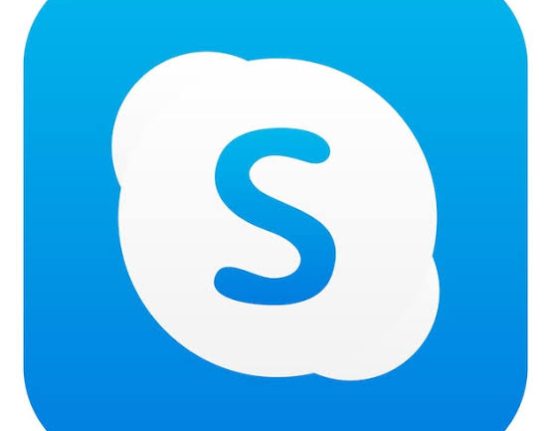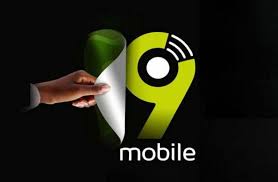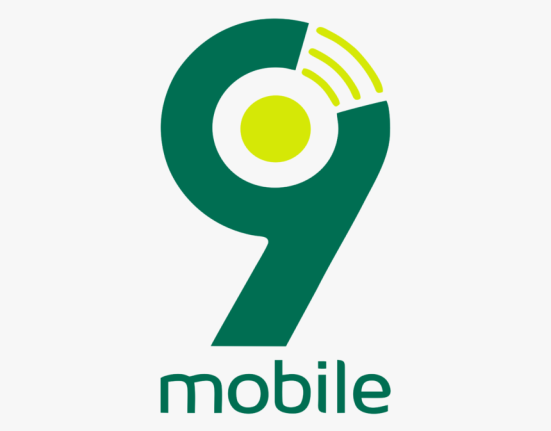Telecom subscribers across Nigeria have raised concerns over unexplained data consumption, prompting a wave of complaints to the Nigerian Communications Commission (NCC) and the Federal Competition and Consumer Protection Commission (FCCPC). Many subscribers allege that their mobile data depletes at an unusually rapid rate, despite unchanged usage patterns.
Operators, however, maintain that there is no mechanism for artificial data depletion. They attribute the increased consumption to changing user behavior, particularly the shift from 3G and 4G networks to 5G, as well as increased video streaming habits.
The issue has intensified following the Nigerian Senate’s recent call for the Federal Ministry of Communications, Innovation, and Digital Economy to engage telecom operators on reviewing the rising costs of data and internet services. Many subscribers argue that their data disappears faster than ever since a 50% tariff hike on data and call prices was implemented in February 2025.
Public Outcry and Regulatory Complaints
Over the weekend, frustrated customers took to social media, sharing screenshots of emails sent to regulators and telecom providers. Some subscribers claimed that even after applying data-saving measures suggested by operators, they still experienced rapid depletion.
“Data prices are too high these days. Every Nigerian should report the operators to NCC and FCCPC. We need thousands of emails to push for a review, or this price hike won’t stop,” one subscriber posted online.
Another user added, “Not only has data become more expensive, but it also seems to vanish faster than before. This is unacceptable.”
Telecom Industry’s Response
Nigeria’s internet consumption exceeded one million terabytes for the first time in January 2025, indicating a surge in demand for digital connectivity. Telecom companies argue that as more users transition to 5G, data usage naturally increases, much like previous shifts from 2G to 3G and 4G.
A telecom executive, speaking anonymously, explained, “5G is expanding, and more users are switching over. Faster internet speeds encourage higher consumption, just as we saw when we moved from 3G to 4G.”
Operators also insist that data quantities remain standard worldwide. “One gigabyte in Nigeria is the same as one gigabyte anywhere else in the world. The difference lies in how people use it. Streaming high-quality videos, online gaming, and frequent downloads consume data more rapidly,” a telecom insider stated.
Regulatory Efforts and Market Trends
In July 2024, the NCC mandated telecom operators to simplify tariff plans, provide transparent billing information, and conduct independent audits of their systems to address complaints about data depletion. As of the latest review, no operator has been found in violation of these requirements.
Meanwhile, telecom companies continue to reap financial benefits from increased data consumption. Nigeria ranks fifth globally in daily social media usage, with an average of three hours and 23 minutes spent on platforms such as Instagram and Facebook.
MTN Nigeria’s revenue rose by 36% in 2024, reaching N3.36 trillion, largely driven by increased demand for data services. However, Airtel Nigeria recorded a decline in data revenue, dropping to $344 million for the nine months ending December 2024 from $539 million in the previous year.
“The demand for data in Nigeria is exceptional and will continue to grow,” MTN Nigeria CEO Karl Toriola said in a recent interview with Arise TV.
Looking Ahead
With continued subscriber dissatisfaction and regulatory scrutiny, the debate over data depletion is unlikely to fade soon. Consumer advocacy groups are calling for independent investigations into operators’ billing practices, while telecom firms insist that user behavior and evolving technology trends are driving increased data usage.
As regulators evaluate these concerns, Nigerian subscribers remain hopeful for improved transparency and fair pricing in the country’s rapidly evolving digital landscape.





